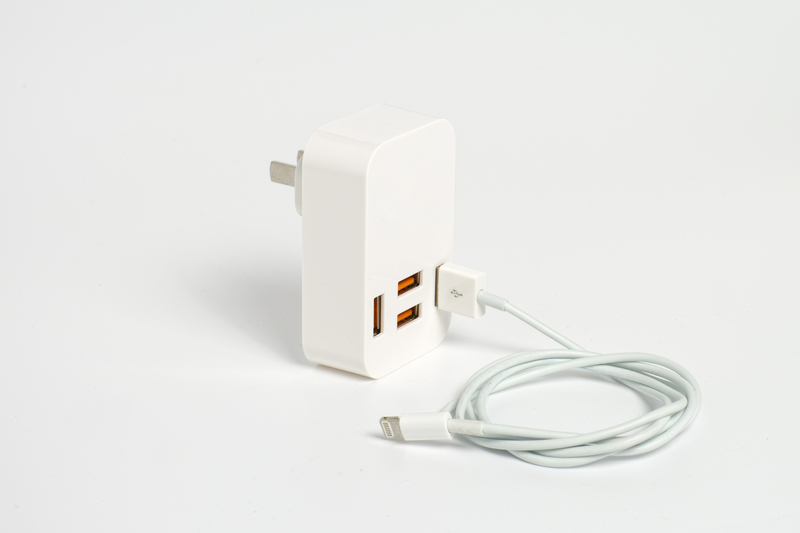Short Notice Move: Survival Tips
Posted on 24/06/2025
Short Notice Move: Survival Tips
Moving is a significant event in anyone's life, but when it's on short notice, the process can become overwhelming. Whether due to job relocation, urgent personal matters, or unforeseen circumstances, short notice moves require quick planning and efficient execution. Here's an exhaustive guide on how to survive a short notice move.
1. Plan Immediately
The moment you know you have to move, start planning. Time is of the essence in short-notice moves. Here's what you need to do:
- Create a Checklist: List all the tasks that need to be accomplished before, during, and after the move. This will help you to stay organized and ensure that you don't forget anything important.
- Set a Timeline: Break down your to-do list into daily tasks. Having a day-by-day plan can prevent last-minute chaos.
- Assess Your Resources: Check if you have the necessary supplies such as boxes, tape, markers, and bubble wrap. If not, include buying these items in your checklist.

2. Declutter and Simplify
Moving is the perfect opportunity to rid yourself of unnecessary belongings. It can lighten your load and make packing much easier. Here are some tips:
- Sort Your Items: Go through each room systematically and decide what to keep, donate, sell, or toss. Be ruthless in your decisions.
- Use the Four-Box Method: Label four boxes as follows: Keep, Donate, Sell, and Trash. This method keeps you organized and ensures you make quick decisions.
- Host a Garage Sale: If you have time, host a garage sale for items you intend to sell. If not, consider selling through online platforms like Craigslist or Facebook Marketplace.
- Donate to Charity: For items that still have life in them but you don't need, consider donating them. Many organizations will even pick up donations from your home.
3. Gather Moving Supplies
Having the right supplies can make or break your move. Here's what you'll need:
- Boxes: Various sizes to accommodate different types of items.
- Tape: A sturdy tape to secure your boxes.
- Markers: For labeling boxes.
- Bubble Wrap: To protect fragile items.
- Moving Blankets: For furniture and large items.
- Stretch Wrap: For securing items together and protecting surfaces.
4. Pack Strategically
Once you've gathered your supplies, it's time to pack. Efficiency is key here:
- Start with Non-Essentials: Pack items you rarely use first. This can include off-season clothes, books, and decor.
- Room by Room: Packing each room separately can make unpacking more manageable.
- Label Boxes Clearly: Indicate the contents and the room each box belongs to.
- Keep Essentials for Last: Pack a 'survival box' with essentials including toiletries, a change of clothes, snacks, and important documents. Keep this box easily accessible.
- Protect Fragile Items: Use bubble wrap or clothes to cushion breakables and fill empty spaces in boxes to prevent items from shifting.
5. Hire Professional Movers
If your budget allows, consider hiring professional movers. Here's why:
- Efficiency: Professional movers have the experience and equipment to handle the job quickly and efficiently.
- Safety: They know how to lift heavy items safely, reducing the risk of injury.
- Insurance: Many moving companies offer insurance for your belongings, providing peace of mind.
When hiring a mover on short notice, get multiple quotes and check reviews and references to ensure you're choosing a reliable company.
6. Ask for Help
Don't hesitate to ask friends and family for assistance. Here's how they can help:
- Packing: Having an extra set of hands can speed up the packing process.
- Transporting: If someone has a truck or van, they can help move larger items.
- Child or Pet Care: Friends or family can watch your children or pets on moving day, reducing stress.
7. Address Utilities and Change of Address
It's easy to forget about utilities and address changes during a hectic move, but these are crucial:
- Notify Utility Companies: Inform your water, gas, electric, internet, and other service providers about your move-out date and arrange for service transfers or cancellations.
- Change Your Address: Notify the post office, your bank, credit card companies, and other important contacts of your new address. Consider using an address change service to ensure no mail gets lost.

8. Stay Calm and Flexible
A short notice move can be stressful, but keeping a calm and positive attitude will make the process smoother:
- Practice Self-Care: Make time for breaks, meals, and rest. Moving is physically and mentally exhausting, so take care of yourself.
- Be Flexible: Despite the best planning, things may not always go as expected. Be prepared to adapt and problem-solve on the go.
- Focus on the End Goal: Remember that the chaos is temporary and you'll soon be settled in your new home.
Latest Posts
Expert Techniques for Transporting Hazmat
Proper Ways to Dispose of Cardboard Boxes
Extra Costs in Global Relocation Budgeting
Ways to Save Money on Your Move
Packing Hacks: How to Make Your Own Wardrobe Boxes for Moving







